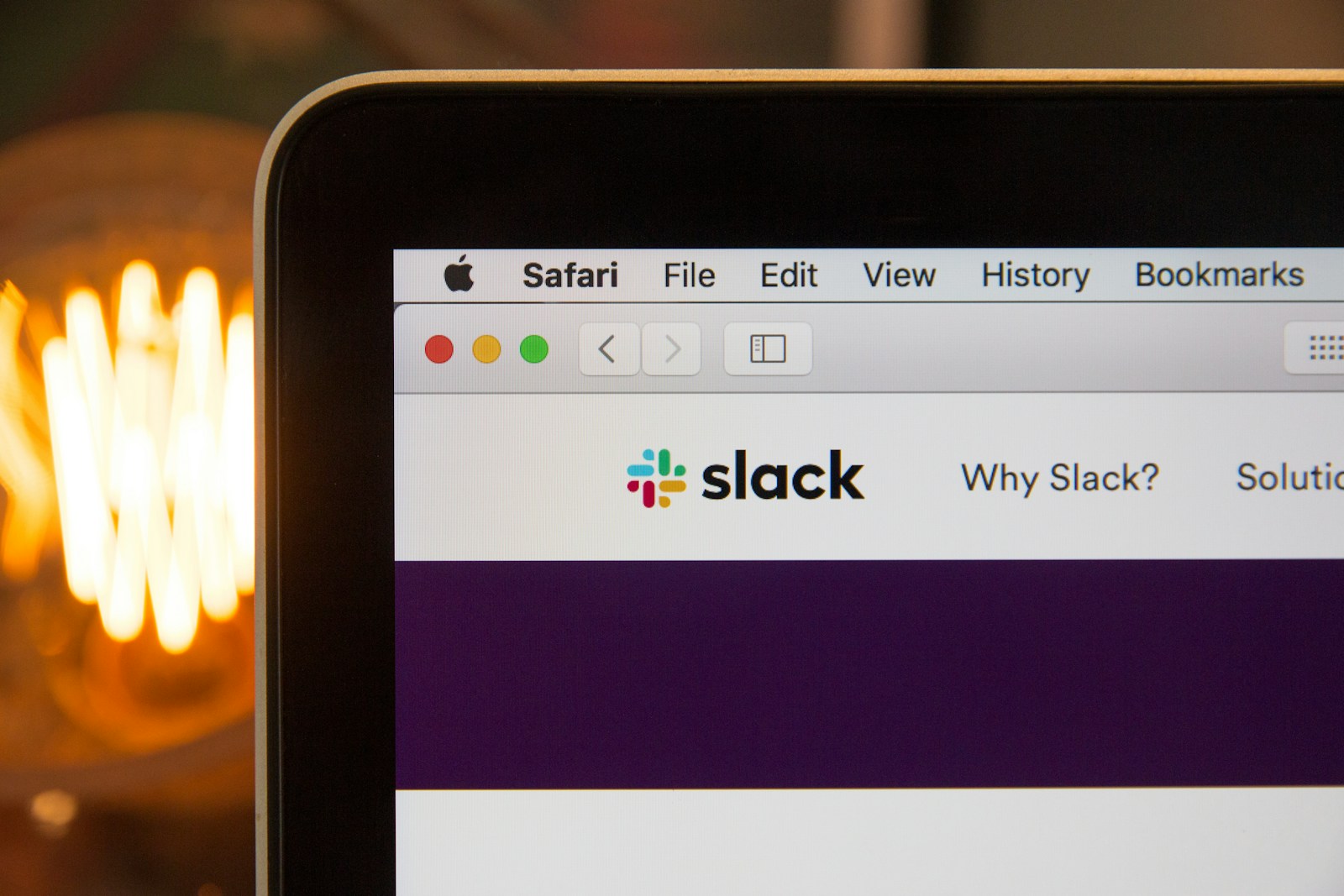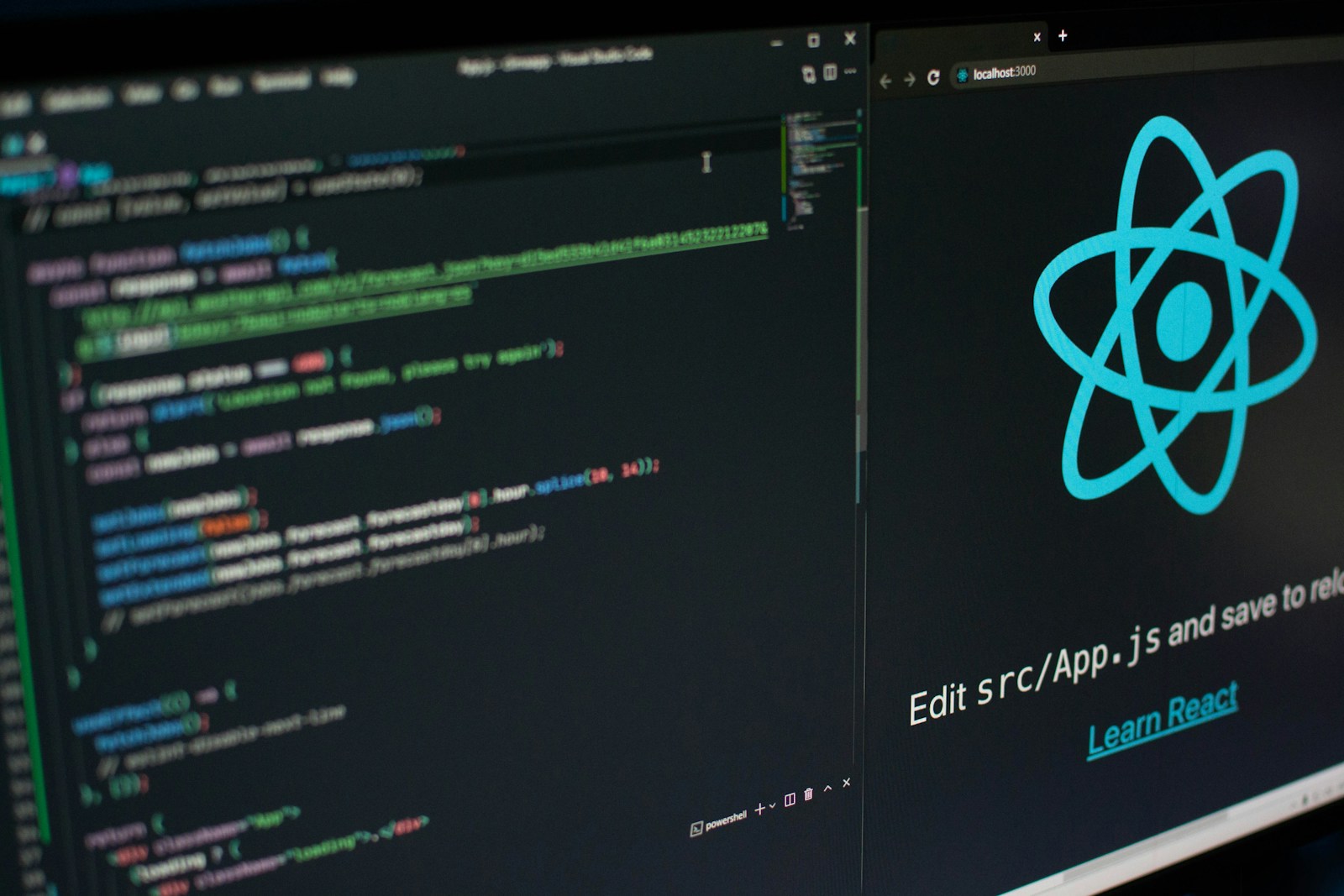Estimated reading time: 9 minutes
Leaving a job is a significant life decision that requires careful planning and preparation. Whether you’re transitioning to a new role, taking time off, or retiring, it’s crucial to ensure a smooth exit. One of the most important parts of this process is engaging with your Human Resources (HR) department. They play a vital role in ensuring that all formalities are completed and that you leave on good terms. HR is responsible for handling everything from your resignation process to your final paycheck, benefits, and other exit formalities.
To help ensure you leave your job on a positive note and avoid any issues down the line, here’s a detailed breakdown of what you need from HR before leaving your job.
1. Understanding the Resignation Process
The first step in leaving your job involves submitting a formal resignation. The resignation process is essential because it sets the tone for your departure and ensures that your employer is officially notified of your decision to leave. Here’s what you need to clarify with HR regarding the resignation process:
a. Official Notice Period
Different companies have different policies regarding the notice period employees are required to serve before leaving. It’s important to review your employment contract and confirm with HR the exact notice period required. Typically, the notice period ranges from 30 to 90 days. Not serving the full notice could lead to deductions in your final pay or other legal complications, so make sure you fulfill this requirement.
b. Formal Resignation Letter
Even if you’ve informed your manager of your decision to leave, HR will typically require a formal resignation letter for their records. Make sure you draft this letter professionally, stating your last working day, and submit it according to company policy. Ask HR about the preferred format and whether they need a hard copy or an email submission.
c. Acknowledgment of Resignation
After submitting your resignation letter, ensure that HR provides you with an acknowledgment of your resignation. This document confirms that your resignation has been accepted and states your official last working day. This acknowledgment is an important record to keep for future reference, especially in case of any disputes.
2. Final Compensation and Benefits
Before you leave, understanding your final compensation and ensuring that all benefits and payments are settled is crucial. Here’s what to focus on:
a. Final Paycheck
Your final paycheck may include your regular salary, bonuses, overtime payments, and unused vacation or sick days. Ensure you speak with HR to confirm the following details:
- Timing: When will you receive your final paycheck? Some companies pay the final salary on the next scheduled payday, while others may take longer.
- Deductions: Are there any deductions you should be aware of? These could include unpaid loans, unreturned company property, or penalties for not completing your notice period.
- Bonuses: If you’re entitled to any performance-based or annual bonuses, ask HR if you will receive them and when.
- Unused Leave: In many companies, any unused vacation or paid time off is compensated in your final paycheck. Confirm how this will be calculated.
b. Benefits
Leaving a job can affect your benefits, such as health insurance, life insurance, or retirement contributions. You need to discuss the following with HR:
- Health Insurance Continuation: If you’re covered under the company’s group health insurance plan, find out if you can extend your coverage under laws like COBRA (in the U.S.) or similar programs. Ask about the cost of continuing the coverage and the duration for which you are eligible.
- Retirement Plans: If you have a 401(k), pension, or any other retirement savings plan through the company, ask HR about your options for rolling it over or withdrawing funds. Understand the tax implications and whether the company contributes to your retirement savings during the notice period.
- Stock Options or Employee Stock Purchase Plan (ESPP): If you have company stock options or shares through an employee stock purchase plan, check with HR if you are vested in those options, and if so, how to exercise them before you leave.
3. Exit Interview Process
Most companies conduct exit interviews to gather feedback from departing employees. This is an opportunity for you to share your experiences, both positive and negative, during your time at the company. The HR department generally conducts these interviews and may ask you about:
- Your reasons for leaving
- Your experiences with management
- Areas where the company can improve
- Your overall satisfaction with the job and the company culture
While exit interviews are voluntary, participating can provide constructive feedback to the organization. Be honest, but professional, when sharing your insights. It’s also essential to understand that the feedback you provide in an exit interview can influence how your departure is perceived, so handle it with care.
4. Requesting a Reference and Recommendation
It’s always a good idea to leave a job on good terms, as you may need a reference in the future. Speak to HR about obtaining a formal letter of recommendation or a reference that you can use for future job applications. While your direct supervisor or manager is usually the best person to provide this, HR may also assist in creating a neutral employment verification letter, which simply states your employment dates, job title, and salary (if required).
In some industries, it’s common to have prospective employers call for references. Make sure that HR is aware and prepared to respond professionally to such inquiries.
5. Clearance and Return of Company Property
Many companies have policies regarding the return of company property and completing certain clearance procedures before your departure. Failing to return company assets could result in financial penalties or legal action. The key areas to focus on include:
a. Returning Company Equipment
If you were provided with any company-owned equipment such as laptops, phones, ID cards, or vehicles, HR will typically provide instructions for returning them. Ensure you follow the return process and get a receipt or acknowledgment of return to avoid any disputes.
b. Data and Documents
You may have access to sensitive company information, files, and data. Make sure you return or delete all confidential documents, company emails, and proprietary information before you leave. HR will guide you on how to safely transfer work-related data and ensure compliance with the company’s confidentiality policies.
c. Termination of Access
Ensure that HR terminates your access to all company systems, including email, shared drives, and any proprietary software. This helps protect both you and the company from potential security breaches after your departure.
6. Non-Compete and Confidentiality Agreements
Some companies require employees to sign non-compete or confidentiality agreements as part of their employment. These agreements often remain in effect even after you leave the company. Before leaving, speak with HR to review any such agreements you have signed.
a. Non-Compete Clause
If you have a non-compete agreement in place, it’s important to understand the restrictions. This might limit your ability to work for competitors or in the same industry for a certain period. Make sure you clarify the details with HR and, if needed, consult with a legal professional to ensure that you are not violating any terms.
b. Confidentiality Agreement
Most employees are bound by confidentiality agreements, which require them to keep certain information private even after they leave. HR can provide clarity on what is considered confidential and how long the confidentiality requirement lasts. This includes client information, company strategies, financial data, and more.
7. Settlement of Expenses and Dues
If you’ve incurred any work-related expenses that haven’t been reimbursed yet, make sure to submit those claims before your last working day. HR will inform you about the process and required documents for settling these dues.
Additionally, if you have any pending debts or loans through the company, such as a salary advance or a loan for purchasing company stock, ensure these are settled with HR before you leave.
8. Clarifying Post-Employment Benefits
Before you leave, inquire about any post-employment benefits the company offers to departing employees. Some organizations provide transition assistance, career counseling, or severance packages. Others may offer extended health benefits or access to professional networks.
a. Severance Packages
If your departure is due to a layoff or company downsizing, you might be entitled to a severance package. Clarify with HR what your severance benefits are, the payment terms, and any conditions attached to it (such as signing a release of claims).
b. Outplacement Services
Many companies provide outplacement services to help employees find new jobs. These services may include career counseling, resume writing, job search assistance, and access to networking events. Check with HR if your company offers these services and how you can access them.
9. Documenting Everything
Before leaving your job, ensure you have documented all communications with HR, including emails, acknowledgment letters, and settlement details. Keep copies of:
- Your resignation letter
- Exit interview forms
- Final paycheck details
- Benefits-related paperwork
- Non-compete and confidentiality agreements
- Reference and recommendation letters
Having a clear record of all correspondence and agreements will help you avoid any issues after your departure and ensure that all formalities are properly completed.
Leaving a job is an important life transition, and engaging with HR is a critical part of this process. By understanding and managing the key aspects discussed above — from the resignation process to final compensation and benefits, exit interviews, and post-employment agreements — you can ensure that your departure is smooth and hassle-free. Being proactive, organized, and clear about your needs will help you protect your interests and leave your current job on a positive note. Whether you’re moving to a new position, taking time off, or retiring, handling the HR process effectively is the key to closing one chapter and starting the next one successfully.
For the latest tech news and reviews, follow Rohit Auddy on Twitter, Facebook, and Google News.






